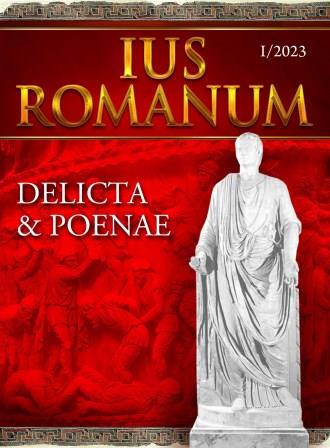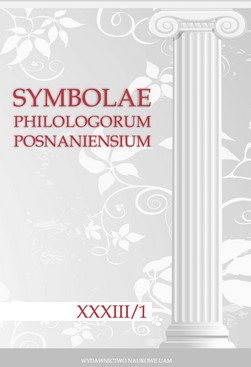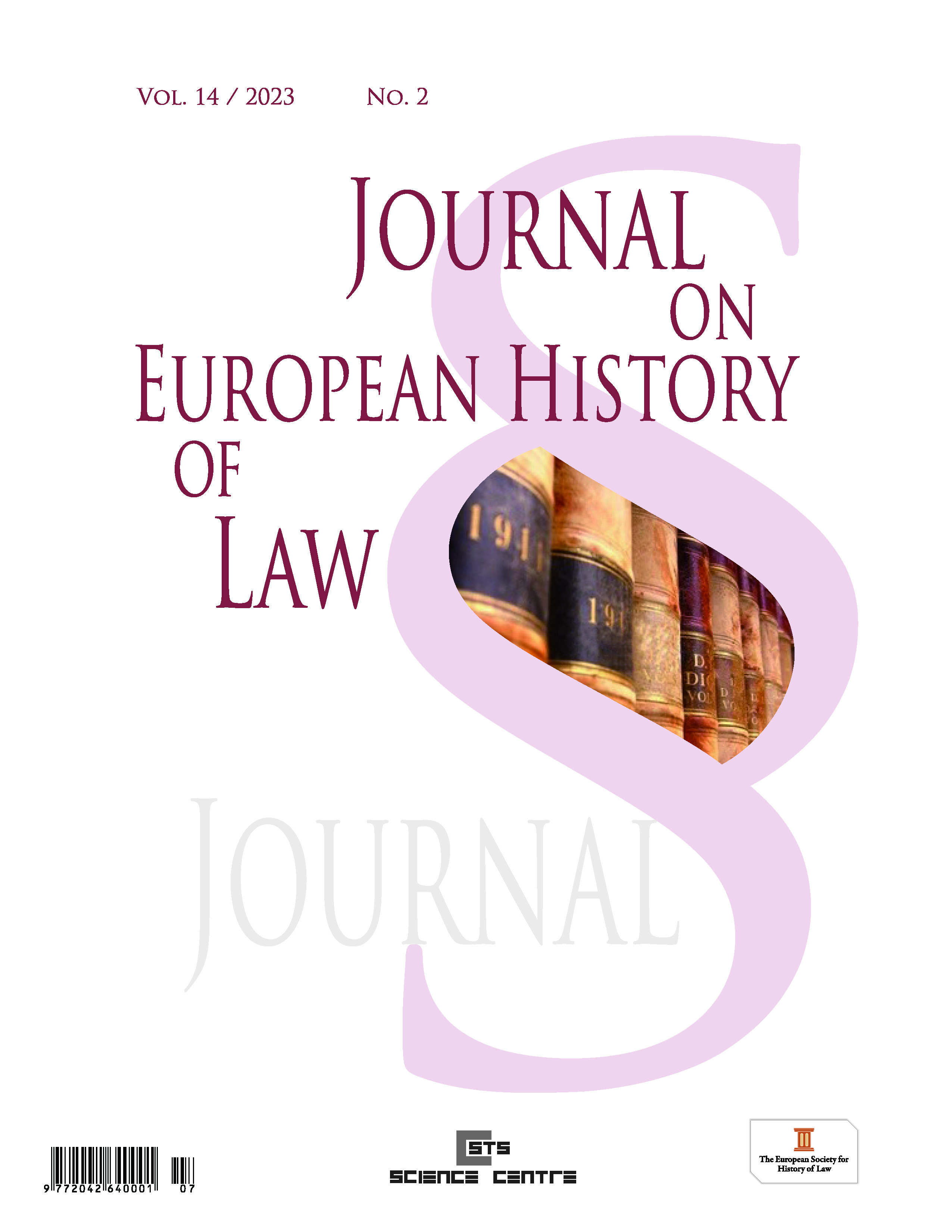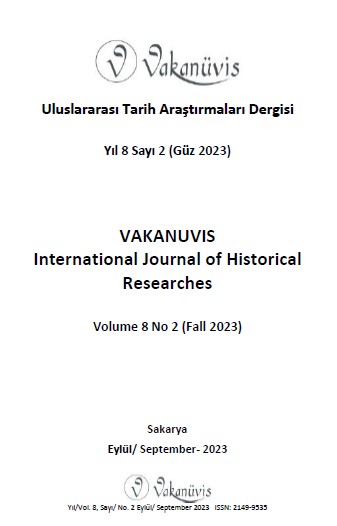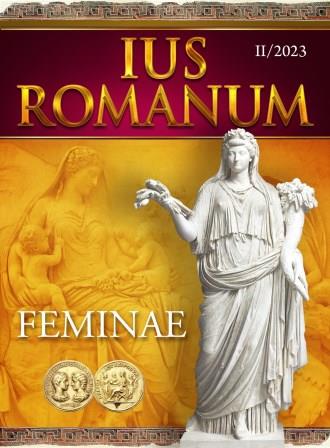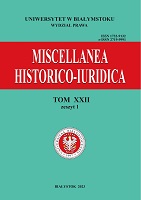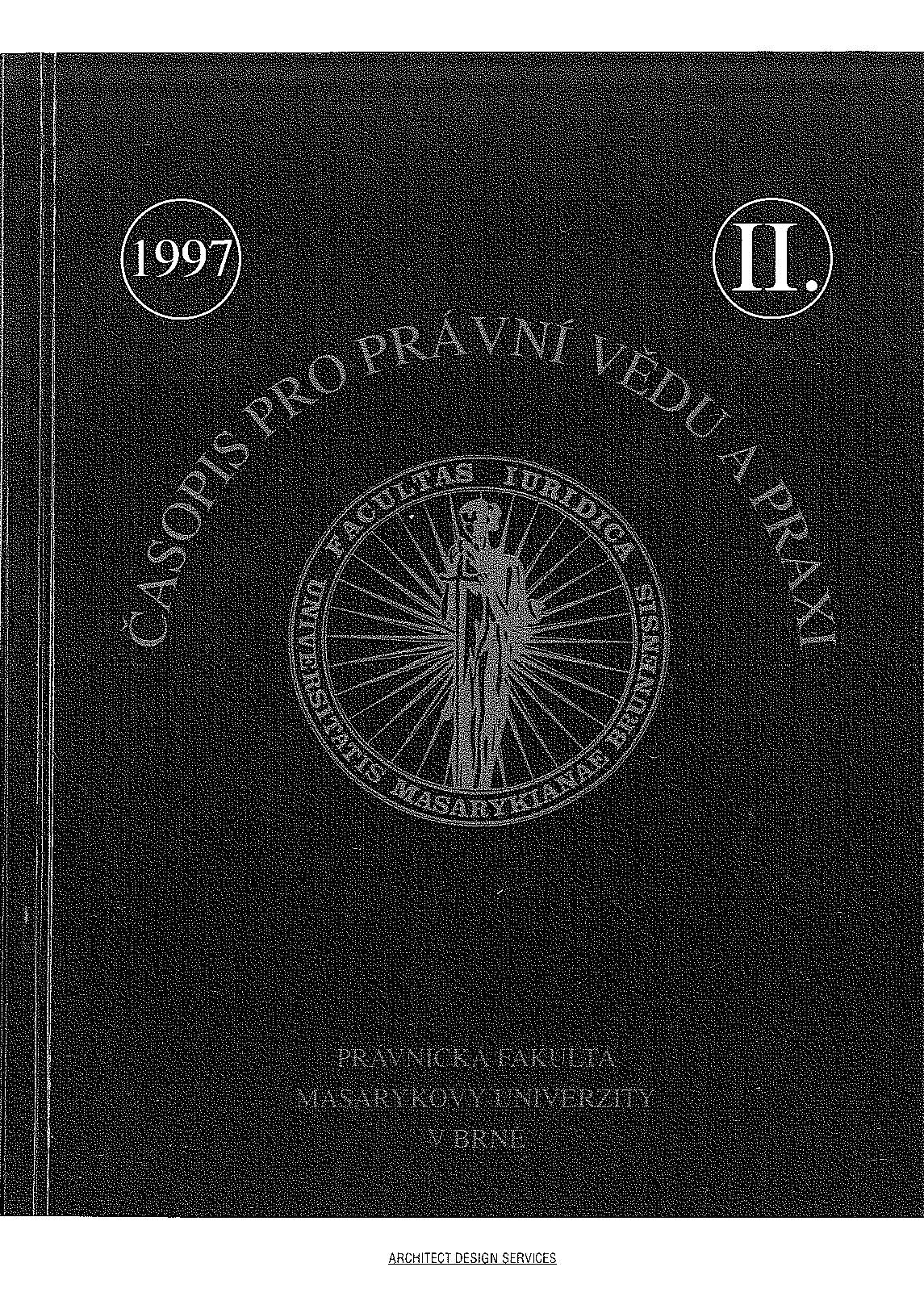
Hodnocení francouzské kategorie práva tzv. "smíšeného" z hlediska českého práva
Both Czech and French law are parts of the system of the continental law. The system is based on Roman law which has had a deep influence on it. The continental law is usually divided into two large subsystems - public law and private law. The fundamental rules of this division were formed by Roman jurisprudence (ius publicum and ius privatum). Private law and public law are usually described similarly in the Czech Republuc and in France as well. Private law is defined as the law which determines the rights and duties of individuals on the basis of equal station. Public law is concerned with public affairs of the state, its territorial units and municipalities. But French jurisprudence has formed a new catory "the mixed law", it includes the criminal law and the procedural law (civil and criminal).
More...
